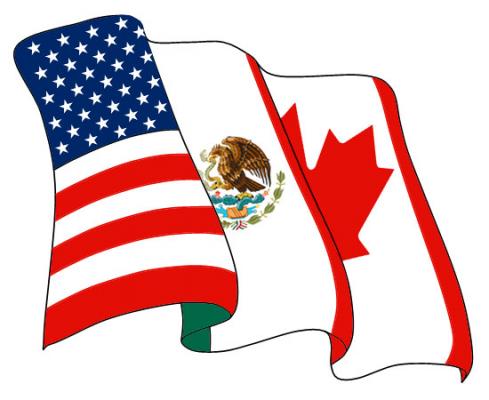The following is a cross-post from Tradeology, the official blog of the International Trade Administration
By John Andersen, Deputy Assistant Secretary for the Western Hemisphere
On May 18th, the Administration formally notified Congress of its intent to renegotiate the North American Free Trade Agreement (NAFTA). As provided by the Bipartisan Congressional Trade Priorities and Accountability Act of 2015, this notification triggers a 90-day period before negotiations with Canada and Mexico can begin. As part of the 90-day process – and in an effort to hear from you – the Administration has published a Federal Register Notice (FRN) soliciting public comments on the renegotiation. Per the FRN, the Administration seeks comments on general and product-specific negotiating objectives, as well as comments on specific provisions. Following the comment period, a public hearing will be held at the U.S. International Trade Commission.
The FRN seeks comments on a total of seventeen topics that will help inform the direction, focus, and content of the NAFTA negotiations. These include digital trade, intellectual property rights, regulatory practices, state-owned enterprises, services, customs procedures, sanitary and phytosanitary measures, labor, environment, and small and medium-sized enterprises. Written comments must be submitted to the U.S. Trade Representative no later than Monday, June 12, 2017. To access the FRN for more detailed information and submission instructions, please click here.
Stakeholder consultation is crucial to ensuring our trade agreements are reflective of what the U.S. economy needs to thrive and grow. This is a great opportunity for your voice to be heard. I hope your organization will take the time to submit input that provides the U.S. government with actionable recommendations that will generate meaningful outcomes for U.S. businesses, workers, consumers, farmers, and ranchers.


